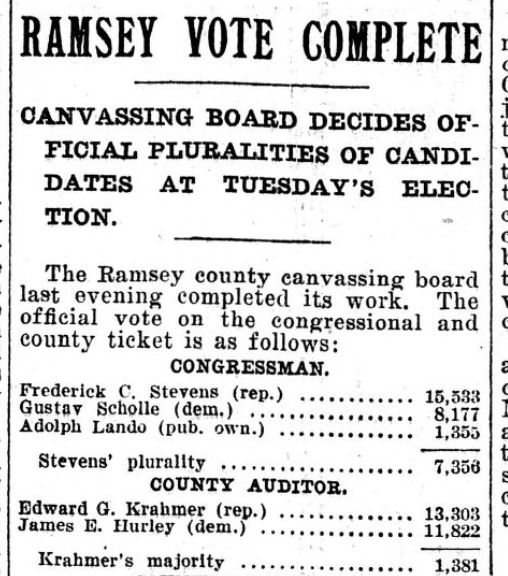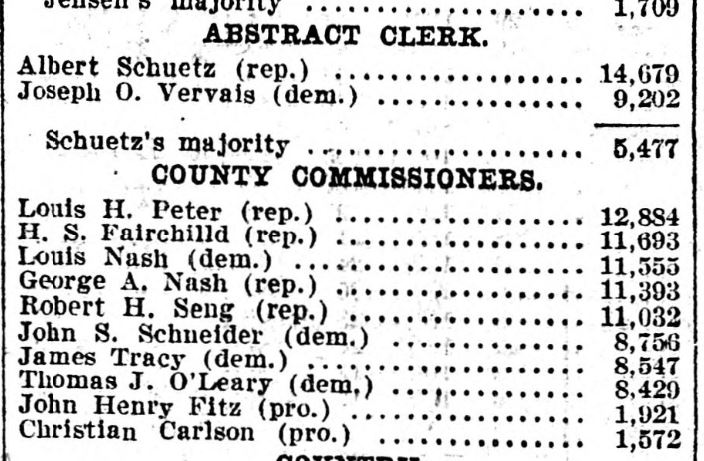Info from press releases in the genealogy world
I’ve been extra busy with teaching and client work the past month and in a particularly good way. I occasionally post information I receive from press releases and other emails. The world of genealogy grows all the time!
Findmypast
Today I spent some time investigating this week’s crop of additions to British newspapers on Fmp. The press release said “It’s a bumper week of releases with 13 new papers and updates to six others. Brand new additions include:Aberystwyth Observer covering 1869, 1874-1884, 1887-1895 and 1899-1910
Censor or Satirical Times covering 1846
Dissenter covering 1812
Douglas Jerrold’s Weekly Newspaper covering 1846-1851
Emigrant and the Colonial Advocate covering 1848-1849
English Mail covering 1860
Evening Star (London) covering 1843
Fleetwood Express covering 1889, 1896-1917 and 1919-1920
Jewish Record covering 1868-1871”
You can always read their blog to learn about weekly new and updated material on their blog: https://www.findmypast.com/blog/new
GENEALOGY GUYS LEARN SUMMER SALE – JULY 2021
The Genealogy Guys Learn subscription education site is on sale at 25% off from July 1st through July 31st for $74 for the first year’s subscription (new members only). Our regular annual subscription price is $99 and this sale price of $74 is a 25% savings! Genealogy Guys Learn currently offers 35 video and 20 written courses with new content added every month. Courses range from beginning to advanced topics. A complete list of current courses and new topics coming soon can be found at https://ahaseminars.com/cpage.php?pt=29. To enroll: https://genealogyguyslearn.com/.
MyHeritage
You can now confirm or reject a Theory of Family Relativity™ on MyHeritage. This functionality was widely requested by their DNA users. “Our Theory of Family Relativity™ feature incorporates genealogical information from all our historical records and family tree profiles to offer theories on how your DNA Matches might be related to you. While the theories presented are often accurate, sometimes, they are incorrect. Before now, there was no way to confirm or reject a theory. Now there is! This new functionality will allow MyHeritage users to systematically review their theories and mark the ones they’ve already looked at so they can focus on new ones.” Click here for more details.
National Archives (United States)
An email from NARA stated: “Did you know the National Archives Catalog contains over 140 million pages of digitized historical records and more than 27 million descriptions of the records in our holdings? And new pages and descriptions are being added to the Catalog each week!” Click here for more details.

